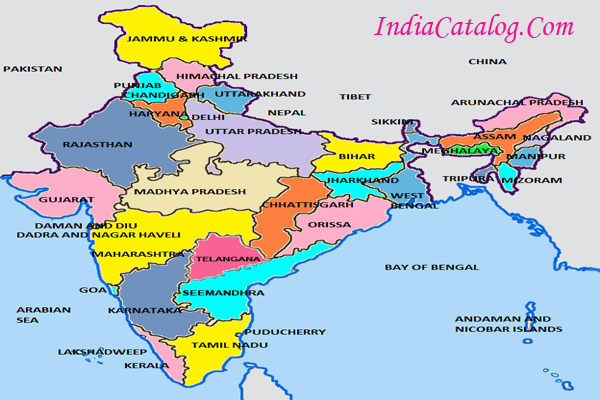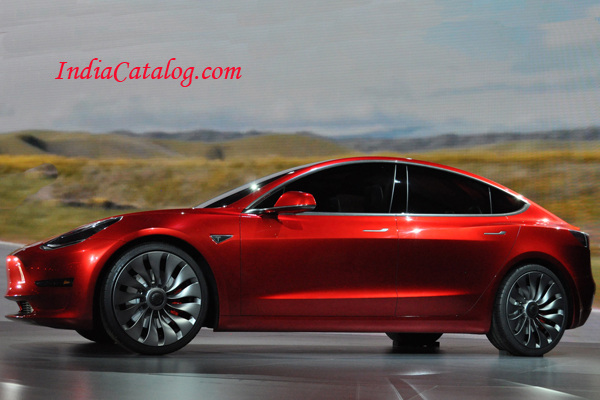US court blocks Trump from imposing 'Liberation Day' tariffs on imports
.webp)
A federal court in the US on Wednesday (local time) blocked President Donald Trump from imposing 'sweeping' tariffs on imports citing an emergency-powers law.
A three-judge panel at the New York-based US Court of International Trade issued the ruling. The development comes after several lawsuits were filed against Trump, arguing that he has exceeded his authority, Associated Press reported
The ruling serves as a setback to Trump, who has repeatedly mentioned that the tariffs would compel manufacturers to bring factory jobs back to the US, arguing that the move would generate enough revenue to reduce the federal budget deficit.
Some accounts suggest that Trump used these reciprocal tariffs as a negotiation tool, one that would compel the other nations to negotiate agreements with the US that favoured them.
White House spokesperson Kush Desai noted, "Trade deficits amount to a national emergency that has decimated American communities, left our workers behind, and weakened our defense industrial base, facts that the court did not dispute." He further added that the Trump administration is committed to using every lever of executive power to address this crisis and restore American greatness.
There is some uncertainty on whether the White House can respond to the ruling by pausing all of its emergency power tariffs in the interim. The report suggests that temporarily, Trump might still be able to launch import taxes of 15 per cent for 150 days on countries with which the US has a massive trade deficit.
Case against Trump's 'Liberation Day tariffs'
The case, which was filed in the US Court of International Trade, was heard by three judges-Timothy Reif, who was appointed by Trump; Jane Restani, named to the bench by former president Ronald Reagan; and Gary Katzman, an appointee of former president Barack Obama.
Trump is facing seven lawsuits in total challenging the imposition of these tariffs.
The report states that plaintiffs have argued that the emergency powers law does not grant the use of tariffs, and even if it did, the trade deficit is not an emergency, because the US has run a trade deficit with the rest of the world for 49 consecutive years.
Trump's reciprocal tariffs
On April 2, Trump announced sweeping tariffs on goods imported from over 100 countries to the US, which included countries like India, China, Japan, and South Korea. These tariffs shook the global financial markets and led many economists to downgrade the outlook for US economic growth.
These tariffs, according to Trump, were imposed to reverse the US' long-standing trade deficits, which he calls a "national emergency".

.webp)
.webp)
.webp)
.webp)
.webp)
.webp)
.webp)
.webp)
.webp)
.webp)













